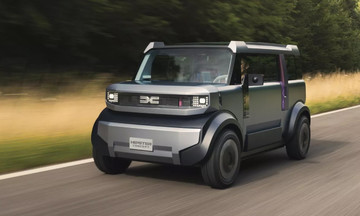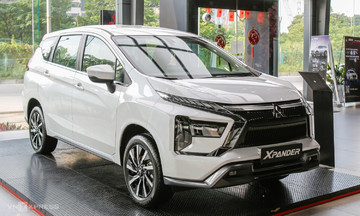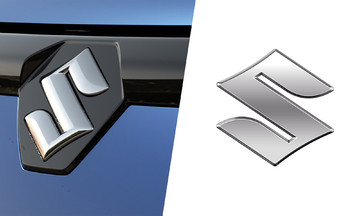The US National Highway Traffic Safety Administration (NHTSA) has launched an investigation into 1.4 million Honda and Acura vehicles. The NHTSA has received hundreds of reports concerning connecting rod failures in the 3.5 V6 engine.
 |
The 2018 Honda Odyssey is among the vehicles under investigation by the NHTSA for connecting rod defects. Photo: Honda |
The 2018 Honda Odyssey is among the vehicles under investigation by the NHTSA for connecting rod defects. Photo: Honda
The affected models include the 2018-2020 Acura TLX, 2016-2020 MDX, 2016-2020 Honda Pilot, 2018-2020 Odyssey, and 2017-2019 Ridgeline.
The investigation began on 20/8 after the NHTSA received 414 reports of connecting rod failures. Honda, however, has received over 2,600 reports. Evidence gathered so far suggests that the connecting rod defect is partially due to manufacturing, and is different from the issue that led to a Honda recall in 2023.
In 2023, Honda recalled nearly 250,000 vehicles due to a defect that could cause premature wear on the connecting rods, leading to a risk of engine seizure. This issue was related to substandard connecting rod bolts. The models affected by the 2023 recall are similar to those currently under investigation for the connecting rod defect.
The NHTSA has also opened a preliminary evaluation to determine the severity of the problem and any potential safety risks associated with connecting rod failure.
In its report concluding the 2023 recall, the NHTSA stated that a thorough analysis of all data provided by Honda did not indicate a defect originating from the connecting rod manufacturer. This implies that Honda may face another large-scale recall in the near future, potentially impacting over a million vehicles. However, a final determination awaits the conclusion of the NHTSA's investigation.
Minh Vu










